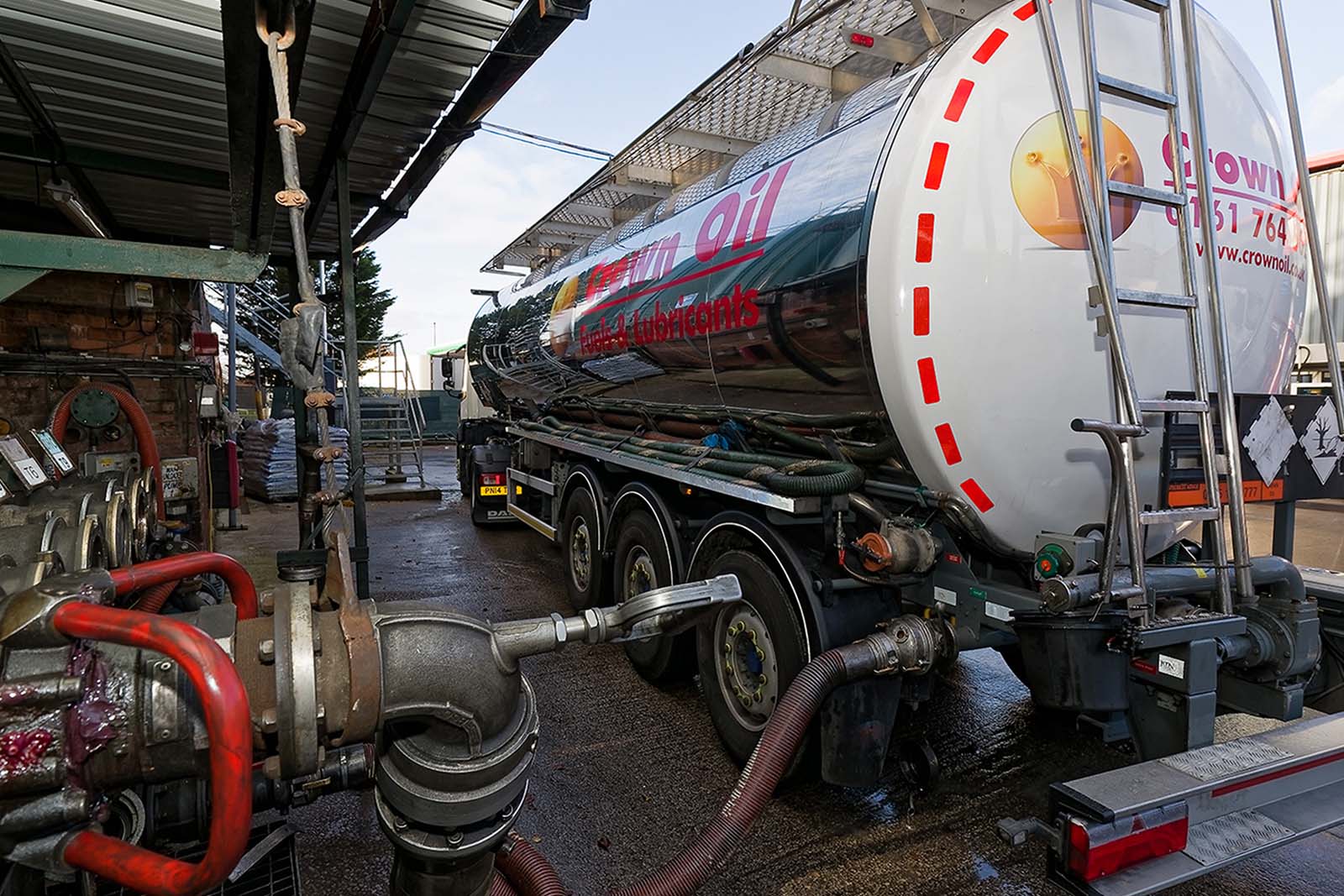During the winter months, your fuel supply is more vulnerable than ever. The colder temperatures mean that your fuel is more likely to become contaminated with water or bugs.
Here are a few ways in which you can protect your fuel so then it remains in good condition throughout the winter season.

Check your fuel regularly
The best way to make sure your fuel remains in the best condition is to check it regularly. While you may already get annual checks, they may not be enough to spot signs of contamination. This is particularly true during winter when bacterial contamination can spread faster.
If you can, try and have a look at the condition of your fuel once every two weeks during winter. Failing that, once a month should be enough. When you have a look at your fuel, make sure you look for:
- Signs of water in the fuel or on the inside of the tank
- Signs of corrosion on the tank
- Engine or equipment issues after it has been refuelled from oil in the tank
Clean your fuel tank
Even if you’ve performed a check and you’re happy with the condition of your fuel, it may still be a good idea to arrange for a professional oil tank cleaning service.
While you may have had a proper look at your oil supply, it is possible that there’s a build-up of sludge or dirt at the bottom of the tank that you have not been able to spot.
Check the condition of your tank
When you’re checking your fuel, it’s also important that you inspect your fuel tank as well. While your fuel may be fine, corrosion or issues with your tank could lead to a serious problem.
If you spot signs that your fuel tank is in a poor condition, then you should replace it straight away. Otherwise, your old tank could start leaking fuel, which in turn can cause an environmental health hazard.
What should I do if I find contaminated fuel?
If you find contaminated fuel in your tank, then you can either get the fuel cleaned or have your waste fuels removed or recycled. These options depend on the severity of the contamination.
If the contamination in the fuel has been spotted early, then it’s more likely that it can be cleaned and the bacteria removed. However, if the bacteria or water contamination is severe, then the fuel may need to be removed and replaced.
Want to find out more about how you can protect your fuel in the winter months or any other time of the year? Then give our fuel experts a call on 0330 123 3399 to learn more and see how we could help you.


